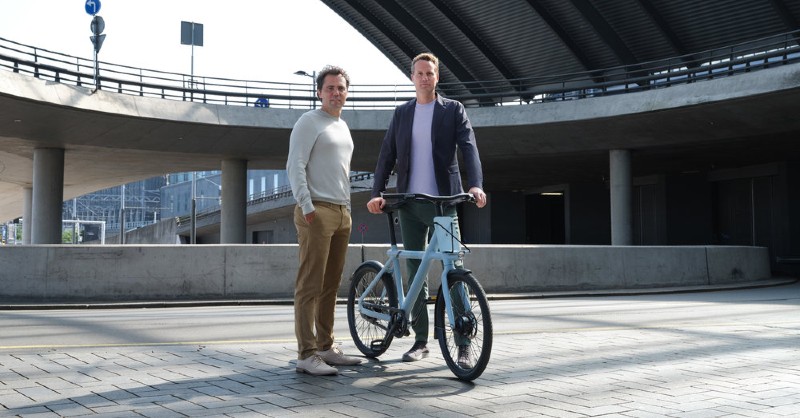Back in July, the Dutch e-bike maker VanMoof slipped into bankruptcy. Following this, Lavoie, the electric scooter company, acquired the Dutch company. While the price of the acquisition was not revealed, McLaren Applied chair Nick Fry told Reuters that an investment of “tens of millions” is required “in the short term” to stabilise VanMoof.
The acquisition
London-based Lavoie is a division of Formula One engineering and technology firm McLaren Applied. Earlier, it was a part of the McLaren Group and was building parts for the McLaren F1 and other vehicles.
It is said to invest in the brand and relaunch the business. It will also continue providing services to the existing customers of VanMoof. He stated that the new VanMoof would focus on third-party retailers to sell and service its bikes and shut down its in-house retail store model.
“Under the terms of the agreement, the acquisition will see Lavoie and McLaren Applied inject stability into the VanMoof operations,” stated a press release, “then combining and integrating their premium capabilities to create a next-generation e-mobility business and establish a world-leading premium e-mobility offering.”
“With its next generation of e-bikes, smart technology, innovative design, and loyal customer base, VanMoof and Lavoie fit together perfectly,” said Eliott Wertheimer, Lavoie CEO, in a press statement. “VanMoof has 190,000 customers globally, and our commitment is to continue to keep those riders on the road while we stabilize and efficiently grow the VanMoof business and continue to develop its world-class products.”
Why VanMoof’s business took a plunge?
VanMoof was founded in 2009 by Taco and Ties Carlier, two Dutch brothers who dreamt up the perfect city bike. The company’s signature S5 bike, marketed as “Perfect for controlled cruising and longer rides,” carried a hefty price tag of nearly £3,300.
Despite starting off with a buzz, VanMoof’s e-bikes turned out to be surrounded by problems though they looked great. They were expensive and tedious to repair not only for the owners but also for the company itself.
Reportedly, one in 10 bikes were sent back to the company. In 2021, the company spent nearly $9 million on repairs and posted the same as losses. It also raised $128 million in the same year.















